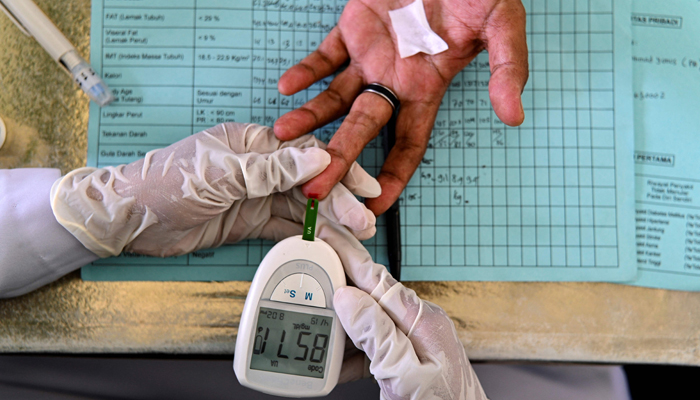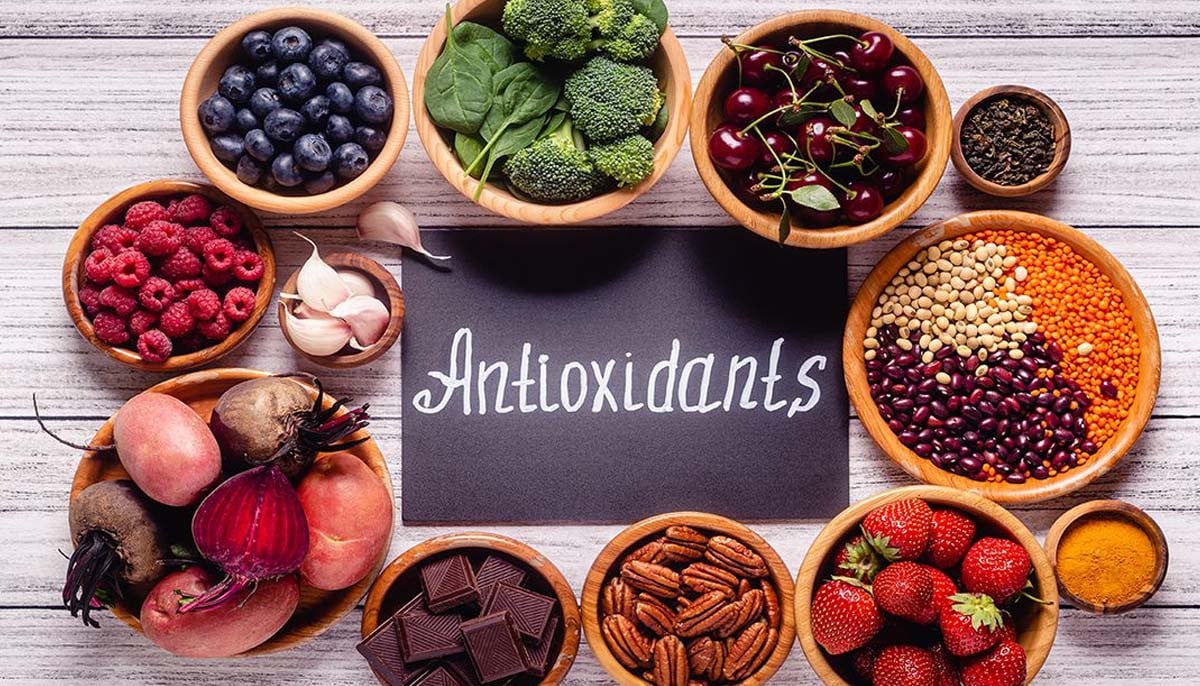What you should know about Type 1 and 2 diabetes
There are number of people who have been diagnosed with Type 1, Type 2 diabetes but have different symptoms, causes
As many as 37 million people are suffering from diabetes and according to estimates by the Centers for Disease Control and Prevention, at least another 96 million are prediabetic.
There are a number of people who have been diagnosed with Type 1 and Type 2 diabetes but they have different symptoms and causes.
An expert Dr Rodica Busui, the president of Medicine and Science at the American Diabetes Association explained about diabetes and all the necessary information you require.
What is diabetes?
Diabetes is a long-lasting condition in which the body stops producing insulin and the level of sugar in the bloodstream is increased. In Type 1, the body does not produce enough insulin and in Type 2, it doesn't use it properly.
However, its causes and treatments vary with serious health impacts if the condition is not treated.
"It can affect every single part of one body, and that’s important to understand – it cannot be taken lightly," Busui told USA Today.
Causes of Type 1 diabetes
According to Busui, Type 1 diabetes is an autoimmune disease where beta cells, a hormone located in the pancreas that creates insulin, are destroyed.
Therefore, many Type 1 diabetics undergo regular insulin injections.
"It’s like your own body creates antibodies against your own structures, in this case, the beta cells," Busui noted.
Type 1 is more commonly in children than Type 2 which may occur at any age, said Busui, adding that she diagnosed patients in their mid-60s with Type 1.
Busui said: "Anyone can get Type 1 diabetes."
The symptoms of Type diabetes include thirst and hunger, frequent urination, fatigue, blurry vision, slow-healing cuts and bruises and weight loss. These symptoms often appear more quickly than Type 2 diabetes.
Causes of Type 2 diabetes
It is a common type of diabetes in which beta cell dysfunction has multiple, complex causes, including weight gain, lifestyle changes and lack of exercise.
A person can also suffer from this diabetes due to family history, ethnicity and age.
Due to these changes, the body stops using insulin properly, developing insulin resistance.
"The more we are insulin resistant … the more insulin is needed to take the same amount of glucose from the blood inside the cell to produce energy," Busui noted.
"And because of that, the beta cells have to work overtime constantly, working nonstop. Eventually, they get exhausted and they cannot produce as much insulin," she told USA Today.
Dr Busui remarked that this causes a "vicious cycle," for those who dealing with obesity and diabetes.
The expert added: "Doctors are diagnosing more children with Type 2 diabetes than ever, an impact of the obesity epidemic in the US and food insecurity, where many children don’t have access to fresh, healthy food."
Children can also develop complications from Type 2 diabetes, Busui expressed.
Many Type 2 diabetics produce insulin and do not require outside sources. This makes the diagnosis crucial allowing the patients to improve their lifestyle to avoid further complications.
"If people ignore [high blood glucose levels] then there is a progressive decrease," Busui noted.
"The higher blood glucose then generates some changes in the body metabolism that will lead to all these toxic radicals that actually have an additional effect on the beta cells to make them less and less functional."
Effects of eating too much
Research indicated that consumption of sugary drinks may increase the risk of Type 2 diabetes, alongside using added sugar in diets.
The American Diabetes Association suggested avoiding sugar-sweetened beverages and switching to water, saying no more than 10% of daily caloric intake be from added sugar.
Busui said: Diabetes is one of the leading causes of death and disability in the country.
"It’s truly remarkable how much progress we have made in discovering effective strategies, medications, and technologies," Busui stated while urging education about this disease to prevent people from suffering.
-
Antioxidants found to be protective agents against cognitive decline
-
Coffee reduces cancer risk, research suggests
-
Keto diet emerges as key to Alzheimer's cure
-
What you need to know about ischemic stroke
-
Shocking reason behind type 2 diabetes revealed by scientists
-
Simple 'finger test' unveils lung cancer diagnosis
-
Groundbreaking treatment for sepsis emerges in new study
-
All you need to know guide to rosacea












